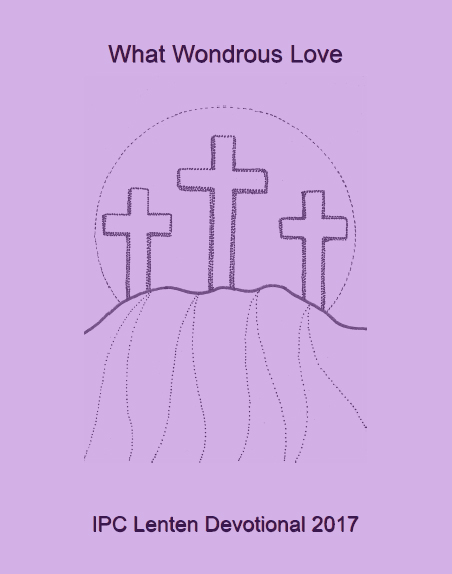Lenten Devotional Reading

April 15, 2017
All Day
Category: Adult EducationScripture Reading: Romans 8:1–11
Transformation Through God’s Spirit
The Spirit’s activity empowers Christians and highlights how they owe their very selves to the goodness of God.
Romans 8 expands on brief references from Romans 5–7 about the transformative effects of God’s Spirit on human beings (5:5; also 7:6). This transformation consists of liberation from sin, which Paul describes as a condition of slavery that restricts people’s capacities to desire, choose, and act in accordance with goodness, especially the goodness called for in the Law. (7:7–12) Paul suggests that a malfunctioning human nature precludes proper observance of the Law, leading to an anthropological problem where human frailty makes it so that goodness may be grasped but not enacted. (7:13–15) The implication in Romans 5–7 is that slavery to sin entails slavery to a malfunctioning self and a distorted relationship to the Law − all of which is a status that Paul designates as being “in the flesh.” (7:5, 18, 25; 8:3) One cannot choose one’s way out of being “in the flesh,” since the very ability to choose is itself disordered. Paul deliberately contrasts this condition of helplessness and ineptitude with another condition.
The different condition that Paul introduces is being “in Christ.” (6:11, 22–23; 8:1–2) As a gift, God enables the status of being “in Christ,” a status that includes the Spirit’s transformation of human beings, where their enslaved capacities are liberated from the law of sin and death and for the law of the Spirit of life. (8:2) Here in Romans 8, Paul suggests that freedom from one law is possible through another law, which may hint at a normative concept of freedom. That would mean that freedom is not merely choosing, but choosing well or in accordance with goodness. Such goodness includes that which the Law ideally requires, so that Christ’s taking on of flesh transforms the sinfulness of those “in the flesh, so that the just requirement of the Law might be fulfilled in us.” (8:4) Notably, this language of fulfillment is passive: People do not autonomously fulfill the Law, but rather God fulfills it in them through the Spirit’s ongoing activity of renewing human nature itself. That seems to be what Paul has in mind when he writes about Christians living “not according to the flesh, but according to the Spirit.” (8:4–6) The life “in Christ” that God’s Spirit enables is a gift from God upon which Christians are dependent − the gracious indwelling of God’s Spirit. As the transformative principle of life that dissolves condemnation, the Spirit empowers Christians in the present and grounds their hope for the future.